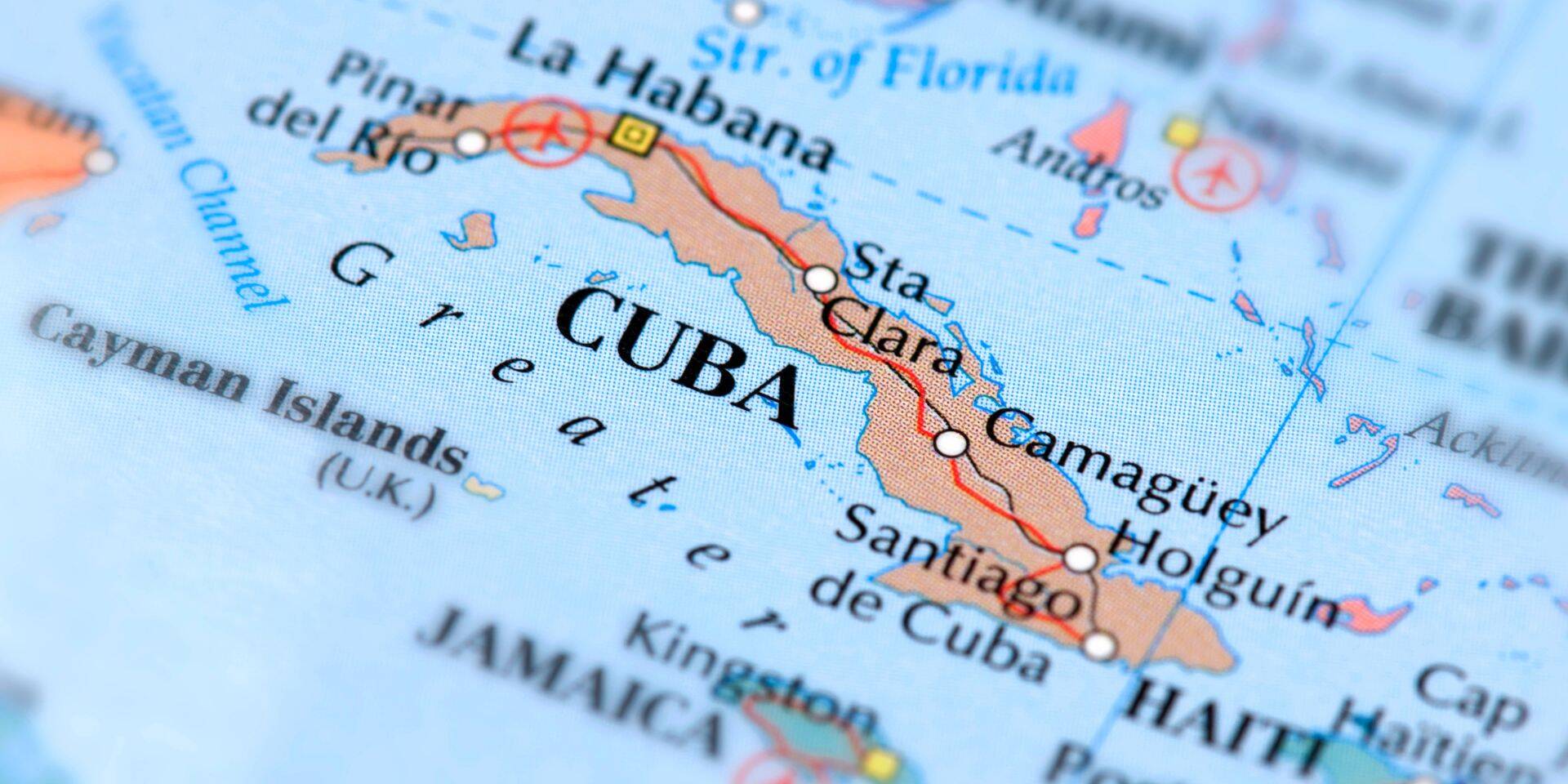An asylum seeker waiting over four years for a decision on their claim sued U.S. Citizenship and Immigration Services. The individual claims the asylum request wait is illegal, per a 180-day deadline for asylum processing set forth in 8 U.S.C. Section 1158(d)(5)(A)(iii). Further, the individual states the delay limits their ability to return to their homeland to provide care for an ailing parent. A Florida federal court is reviewing the matter.
In their defense, the U.S. Department of Homeland Security claims the wait is not unreasonable, due to issues outside their control. Among the circumstances cited is the surge in migration at the U.S. southern border. A marked increase in asylum claims has increased the backlog. Further, DHS claims the individual is not harmed by the asylum request delay. The individual has employment authorization and protection from removal while awaiting adjudication.
The individual claims USCIS is mismanaged, processing asylum claims from a last in, first out approach. As such, more recent cases are processed first. Individuals who have been waiting are effectively pushed further back in line, unfairly extended due to this approach.
DHS states that prioritizing the newest applications discourages people from filing asylum claims without a real basis in order to receive employment authorization. Further, DHS states backlogged applications are not barred from processing. A two-track system is used to adjudicate claims. One track uses last in-first out for processing. The other track processes cases in chronological order by date of receipt. Finally, DHS states the 180-day processing deadline is not a hard rule, with Congress giving USCIS the option to extend the deadline due to exceptional circumstances.
ILBSG actively monitors ongoing challenges to U.S. immigration policy. If you have questions about an employment-based or family-based issue, contact us. Armed with the lastest updates, our team works with clients to ensure they get the right advice.
Related Posts
April 2, 2025
Judge Rules Venezuelans Can Temporarily Keep TPS Protections
A federal judge temporarily halted the…



